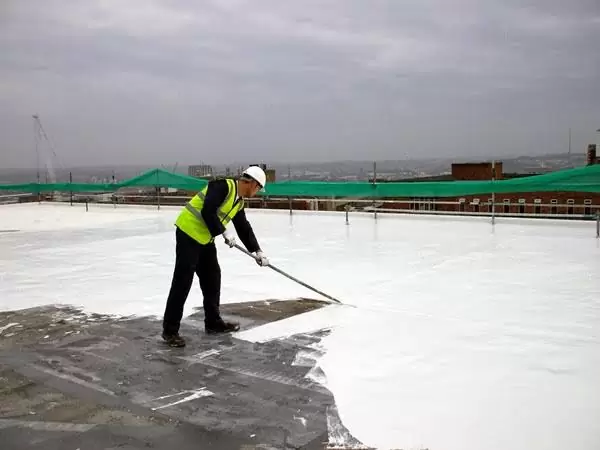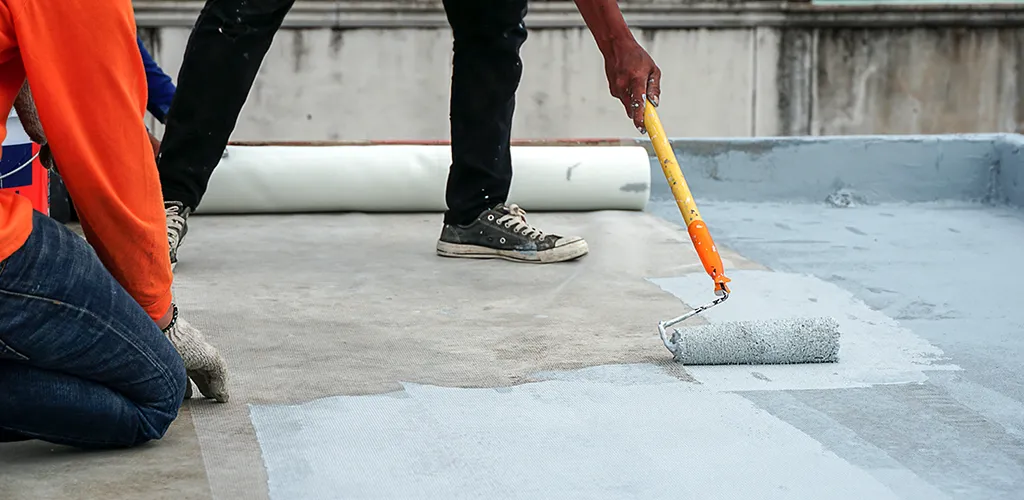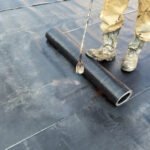Introduction

As global temperatures rise, heat proofing has become an essential aspect of home maintenance. Not only does effective heat proofing enhance your comfort, but it also leads to substantial energy savings and protects your property. In this comprehensive guide, we’ll explore the importance of heat proofing and provide actionable strategies to help you create a cooler, more efficient living space.

What is Heat Proofing?
Heat proofing encompasses a variety of techniques aimed at insulating and protecting buildings from extreme heat. This can include:
- Reflective coatings
- Insulation materials
- Window treatments
- Ventilation systems
The primary goal is to minimize heat absorption, reduce energy consumption, and maintain a comfortable indoor environment.
Benefits of Heat Proofing
1. Energy Efficiency
One of the standout benefits of heat proofing is its ability to enhance energy efficiency. Proper insulation and reflective surfaces can significantly reduce the need for air conditioning. According to the U.S. Department of Energy, homes that are well-insulated can save up to 20% on heating and cooling costs.

2. Increased Comfort
Heat proofing helps maintain a stable indoor temperature, leading to a more comfortable home during extreme weather. By reducing heat gain, you can enjoy a cooler environment in summer and a warmer one in winter, significantly improving your quality of life.

3. Protecting Your Investment
Extreme heat can damage your home’s structure and materials. Prolonged exposure can warp wood, crack foundations, and deteriorate roofing. By heat proofing your home, you protect your investment, ensuring its longevity and value.

4. Health Benefits
High temperatures can lead to serious health risks, especially for vulnerable groups such as the elderly and those with pre-existing conditions. Heat proofing minimizes these risks by keeping indoor environments cooler and reducing humidity levels, creating a healthier living space.
5. Environmental Impact
Reducing energy consumption through effective heat proofing contributes to lower greenhouse gas emissions. Sustainable practices not only benefit your home but also have a positive impact on the environment, aligning with eco-friendly living principles.
Key Components of Heat Proofing
- Insulation: Keeps your home cool in summer and warm in winter.
- Reflective Coatings: Reflect sunlight away from your roof.
- Energy-Efficient Windows: Reduce heat gain from outside.
- Ventilation: Promotes airflow and reduces indoor temperatures.
Effective Heat Proofing Strategies
1. High-Quality Insulation
Invest in high-quality insulation for your walls, attic, and floors. Materials like spray foam, fiberglass, and cellulose can significantly reduce heat transfer and maintain indoor temperatures.
2. Reflective Roof Coatings
Consider applying a reflective coating to your roof. These coatings reflect sunlight, reducing heat absorption and keeping your home cooler during hot months.
3. Energy-Efficient Windows
Install energy-efficient windows or use window treatments like shades, blinds, or films that block UV rays and reduce heat gain. Look for windows with low U-factors and high solar heat gain coefficients.
4. Effective Ventilation Systems
Ensure proper ventilation in your home to allow for airflow and reduce indoor temperatures. Consider installing ceiling fans, exhaust fans, and whole-house fans to promote better air circulation.
5. Strategic Landscaping
Use trees and shrubs to create natural shade around your home. Strategic landscaping not only cools your home but can also enhance curb appeal and increase property value.
6. Install Thermal Mass Materials
Incorporate thermal mass materials, such as concrete or brick, that absorb heat during the day and release it at night, helping to regulate indoor temperatures.
7. Use Cool Roof Technology
Cool roofs are designed to reflect more sunlight and absorb less heat than standard roofs. Consider using cool roofing materials to reduce heat gain.
Conclusion
The importance of heat proofing is paramount in today’s climate. By implementing effective heat-proofing strategies, you can enhance your home’s energy efficiency, increase comfort, protect your investment, and contribute positively to the environment.
Call to Action
Ready to heat-proof your home? Contact us today for a consultation, and let our experts help you create a cooler, more energy-efficient living space that enhances your comfort and protects your investment.
“Discover the essential benefits of heat proofing your home. Learn how effective insulation, reflective coatings, and energy-efficient windows can enhance comfort, reduce energy bills, and protect your investment. Start your journey to a cooler, more energy-efficient home today!”




